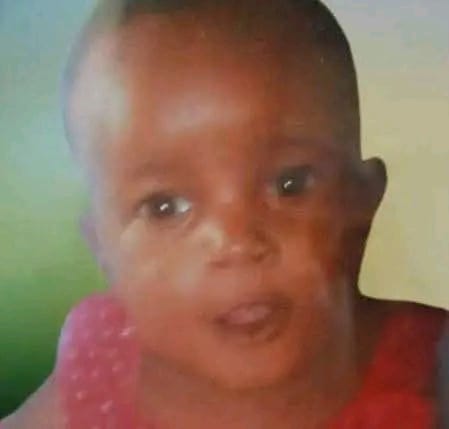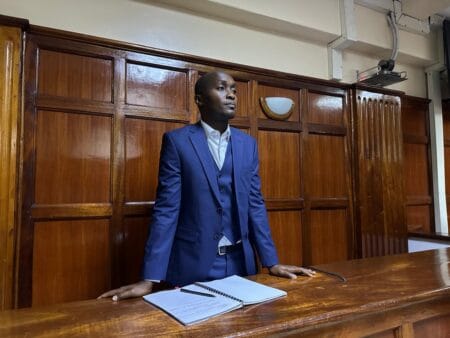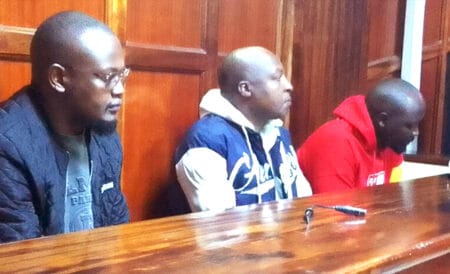KISUMU, Kenya In a move that has triggered shockwaves across the nation and reignited painful memories, the Director of Public Prosecutions (DPP) has officially dropped murder charges against six senior police officers linked to one of Kenya’s darkest chapters: the brutal killing of six-month-old Baby Samantha Pendo and 39 protesters during the 2017 post-election violence in Kisumu.
The announcement, cloaked in legalese and citing “insufficient evidence to sustain prosecution”, has landed like a thunderbolt in the hearts of grieving families and human rights advocates who have fought for justice for nearly a decade. Many are calling it a betrayal of truth, a slap in the face of justice, and a green light for impunity. Let’s rewind the pain.

In August 2017, as political tensions boiled over in the wake of a contested presidential election, the streets of Kisumu turned into a war zone. Amid the chaos, homes were raided. Protesters were shot. And in the chilling centre of it all, a child became the symbol of a nation’s broken conscience. Baby Pendo, brutally bludgeoned by anti-riot police in her parents’ home, died days later from head trauma.
The outrage was deafening. Investigations were promised. Names were named. And for a moment, it seemed that accountability was finally within reach.
But now, six years later, the pursuit of justice has slammed into a wall. The DPP has thrown in the towel, saying there’s not enough evidence to convict the six senior officers, despite a 2019 inquest that strongly recommended prosecutions.
For many, the question isn’t just “why now?” it’s how? How does such a high-profile case, complete with witness testimonies, medical records, and a judicial inquest, fall apart so quietly?
Activists are furious.
“The system has failed Pendo,” one human rights lawyer said. “If the murder of a child inside her home cannot lead to justice, what hope do the rest of us have?”
On the ground in Kisumu, anger is simmering, especially among families of the 39 protesters who were shot dead during the same period, victims whose names rarely make headlines but whose deaths remain unsolved, unexplained, and now officially unpunished.

This isn’t just a legal decision; it’s a national wound, ripped open once again. The DPP’s move may be the end of the case in court, but on the streets, in homes, and in the hearts of the victims’ families, the fight for justice is far from over.
The cries for accountability are rising. The memory of Baby Pendo still haunts Kenya. And one thing is clear:
Justice delayed has now become justice denied.











